
Title of the document
I wish my insurance company had covered
emerging biomarker testing
and more scans when I was
first diagnosed.

Suzanne Ottinger
Diagnosis:
Stage IV hereditary
diffuse gastric cancer
Biomarker:
PD-L1
Diagnosis and Early Treatment

I suffered from stomach pain and dysphasia, but didn’t seek care until those symptoms intensified...

In April 2022, an endoscopy showed that my stomach tumor was completely gone, an outcome my doctor said was “a miracle.” I stayed on Opdivo, but stopped taking FOLFOX after six rounds, because it left me so battered that my doctor no longer recommended it. Instead, I switched to a lower-dose chemo and by late 2022, my APL was at 58–within the normal range. In April 2023, my doctors said, while I would need to be on immunotherapy indefinitely, I had what was known as a “complete clinical response” and I decided to give my body a break from chemo.
The Case for Biomarker Testing
In August 2022, there was a lot of excitement about a new biomarker called MSI-high. However, I could not accurately be tested for it through the now-standard liquid biopsy, because my initial treatment had done such a great job eradicating my stomach tumor that there was no Circulating Tumor DNA (ctDNA) in my blood. In hindsight, I wish my insurer had covered more thorough testing and a much larger sample of my stomach tumor to be saved, because understanding of biomarkers, new treatments and genetics are evolving and developing so rapidly.
The world of stomach cancer treatment has changed dramatically since my initial diagnosis just two years ago. In addition, I recently learned that I have a pathogenic variant on my CTNNA1 gene that is correlated with stomach cancer. My sister and both of my daughters also have the variant, and are facing battles of their own. We don’t yet know how this might affect treatment down the road.



Today, I am advocating for biomarker testing in part because I believe targeted treatment can impact stomach cancer outcomes, in part because it benefits me to stay connected with the stomach cancer community, and in part because I want my girls, and all newly-diagnosed patients to understand the importance of early biomarker testing, prior to treatment. The more someone understands about their specific cancer, the more treatment options they may have in the present and, importantly, in the future.
Meet other patients.
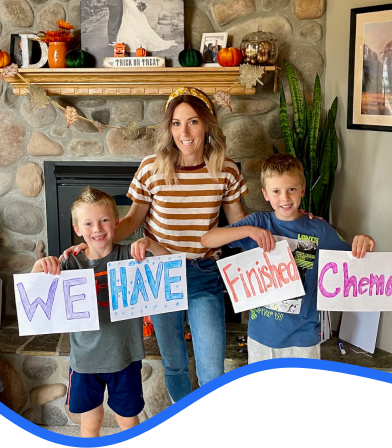
PDL-1 CLDN 18.2
Lauren Donithan
Lauren was diagnosed with Stage IV stomach cancer in 2023 at age 37.
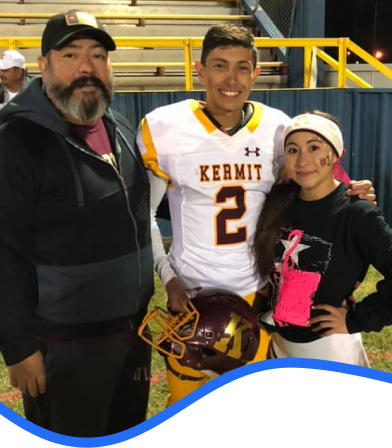
HER2
Javier Flores
Javier received the grim diagnosis of Stage IV stomach cancer in 2017 at age 39.
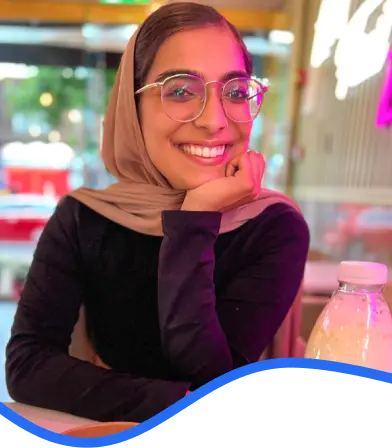
MSI-high
Uroosa Khalid
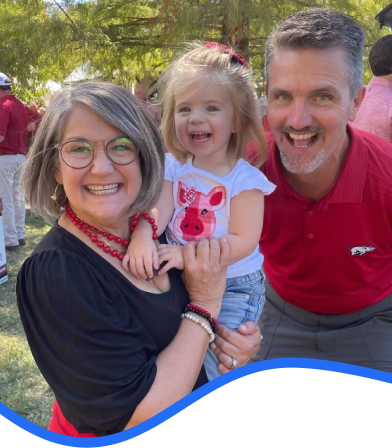
HER2
Terri Brady

HER2
Bruce Shipman
In 2021, Bruce was in the midst of a cross-country move when he was diagnosed.

tumor
mutational
burden
Suzanne Ottinger